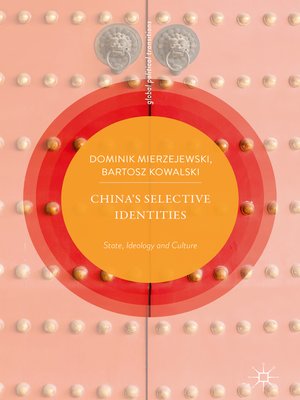China's Selective Identities
ebook ∣ State, Ideology and Culture · Global Political Transitions
By Dominik Mierzejewski

Sign up to save your library
With an OverDrive account, you can save your favorite libraries for at-a-glance information about availability. Find out more about OverDrive accounts.
Find this title in Libby, the library reading app by OverDrive.



Search for a digital library with this title
Title found at these libraries:
| Library Name | Distance |
|---|---|
| Loading... |
This book discusses the role of selective identities in shaping China's position in regional and global affairs. It does so by using the concept of the political transition of power, and argues that by taking on different types of identities—of state, ideology and culture—the Chinese government has adjusted China's identity to different kinds of audiences. By adopting different kinds of "self", China has secured its relatively peaceful transition within the existing system and, in the meantime, strengthened its capacity to place its principles within that system. To its immediate neighbors, China presents itself as a state that needs clearcut borders. In relation to the developing world (Global South), the PRC narrates "self" as an ideology with the banner of materialism, equality and justice. To its third "audience", the developed world (mainly Europe), China presents itself as a peaceful, innocent cultural construct based primarily onConfucius' passive approach. By bringing these three identities into "one Chinese body" (三位一体, sanwei yiti), China's policymakers skillfully maneuver and build the country's position in the arena of global affairs.







